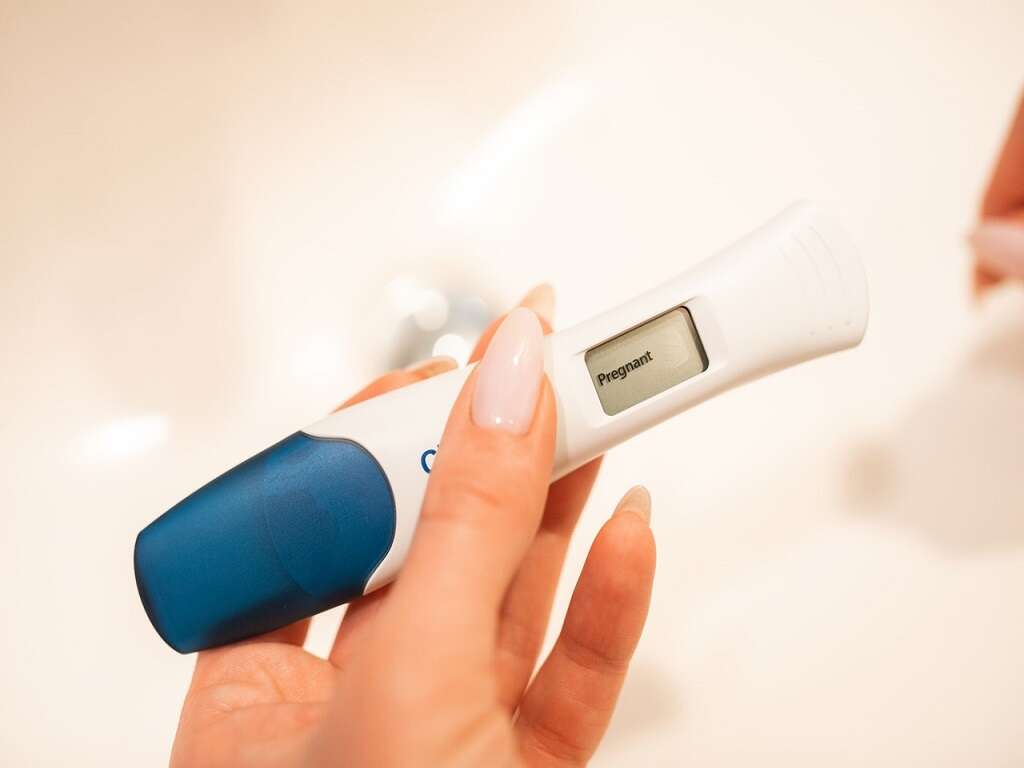Premenstrual Syndrome Symptoms
Menstruation is a natural process that occurs in females, and similar processes happen in females in other mammalian species of animal. It involves flushing the blood lining from the uterus so that it can be replaced with a lining made from fresh blood. It occurs approximately once every 30 days, and generally starts to occur when females are in their teens.
Menstruation happens to just about every female, bar few exceptions, but it does unfortunately come with some unwelcome side effects. The severity of the side effects will vary from female to female, and some are fortunate enough to barely feel any at all.

1. Mood Swings
It is normal for our mood to change from time to time. External events can cause our hormone levels to change and this results in a change in the way we feel. It is an important process because it helps us to react accordingly to events around us. Sometimes, our mood may change for entirely different reasons. One of the most common of all premenstrual symptoms is that the patient will experience sudden changes in their mood. They can become depressed for no apparent reason and it can happen without warning. The patients moods should become more stable once their menstruation has passed.

2. Insomnia
No matter what walk of life you are from, it is very important that you get enough sleep. Failure to do so will leave you feeling very tired the following day, and this can make it difficult for you to go about your work and other responsibilities.
Prolonged periods of sleeplessness can also have a profound effect on your physical and mental well-being. Some females that are experiencing premenstrual symptoms will find that they have difficulty sleeping at night. Your doctor may be able to prescribe something to help but it is important to be careful to avoid forming a dependency.

3. Libido Changes
Our libido is what encourages us to have sex. It gives us urges that need to be satiated and it helps to make the experience of sexual intercourse a very pleasurable one. Different people have different levels of libido, with some people always wanting sex and others not compelled to have sex at all.
Some women going through premenstrual symptoms will experience a change in their libido. Some will not feel like having sex until menstruation has passed, while others might want it more than they otherwise would. It is important for partners to be aware of these changes during menstruation.

4. Headaches
As common as they are, we still don’t understand headaches fully. They can come and go for no apparent reason and treating them is also sometimes difficult. Some painkillers help some people, but for others they seem to offer little to no relief at all.
Females approaching menstruation will often know that the headaches are likely to start again soon. The severity of the headaches can range from being very mild to being so severe that they leave the patient incapacitated. If you do experience severe headaches for any reason, you should arrange to speak with your doctor when you can.

5. Fatigue
Life can be very tiring at times for anybody. It can sometimes be difficult to muster the energy to carry on no matter how many things there are to be done. It is important to get plenty of rest both physically and mentally to recharge your batteries so you are prepared for whatever comes your way.
Females going through menstruation will often find that they become very fatigued. They will often feel as though they just have no energy and will not feel like doing anything. They might also be experiencing insomnia and this will only add to the problem.

6. Crying
Crying is very common and many adults will cry regularly. Crying can be triggered by numerous things ranging from fighting with a loved one to watching something sad on the TV. On the flip side, crying is also sometimes caused by laughter, while fear can also be a trigger for crying.
Many females will also find that they will cry more than usual when there are experiencing premenstrual syndrome symptoms. The crying fits can come on suddenly and for no apparent reason, and they can go away again just as quickly. These symptoms should subside once menstruation has passed.

7. Anxiety
Anxiety is caused by our bodies releasing certain hormones into our system to help ensure we are alert. It is usually a helpful mechanism, even essential, because it helps to make sure that we are suitably prepared for emergencies and other important events.
If we were too relaxed then we might not perform at the required levels. Too much anxiety is not good for us, however, and it is important that we take time to relax whenever we get the opportunity. This is not easy for a lot of people though, and those suffering from premenstrual syndrome symptoms can find that they experience anxiety more than they usually would.

8. Poor Concentration
When we are at work, it is important that we are able to concentrate on what we are doing in order to get things done. The same goes for when doing chores at home and even in social environments. Some days, however, we will find it harder to maintain our concentration than others and this can make even simple tasks more of a challenge than usual.
Females suffering from premenstrual syndrome symptoms will often find that they have difficulty concentrating on tasks. This can make it difficult for them to do their job effectively, and even discussions with friends can become difficult for them to follow.

9. Food Cravings
Hunger is an essential sensation because it helps to make sure that we get all the nutrition that we need. Eating can be very satisfying and enjoying a good meal will help to take the hunger away for a while at least. Depending on certain health conditions, some people will feel hungrier more than they usually would.
Females with premenstrual syndrome symptoms will sometimes find that they develop cravings for foods that they would not usually eat, and that they will eat more than usual in general. If you are experiencing these symptoms, it is wise to try and ensure that you continue to eat as healthily as possible.

10. Bloating
Eat too much food and/or drink too many liquids and you are going to feel bloated. This is perfectly understandable because it takes our bodies some time to process the food we have eaten. Females experiencing premenstrual syndrome symptoms will often experience bloating, but this is not usually down to how much food they have eaten.
Females approaching menstruation may begin to retain water in the abdomen area. This is due to fluctuating hormone levels. The bloating should subside completely once menstruation has passed for the patient.












